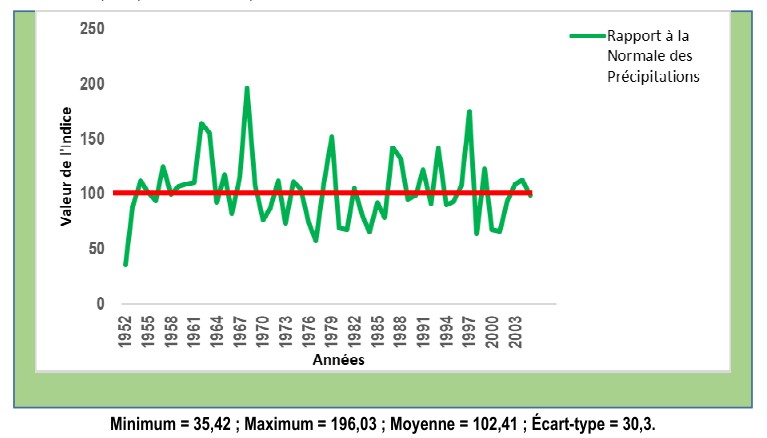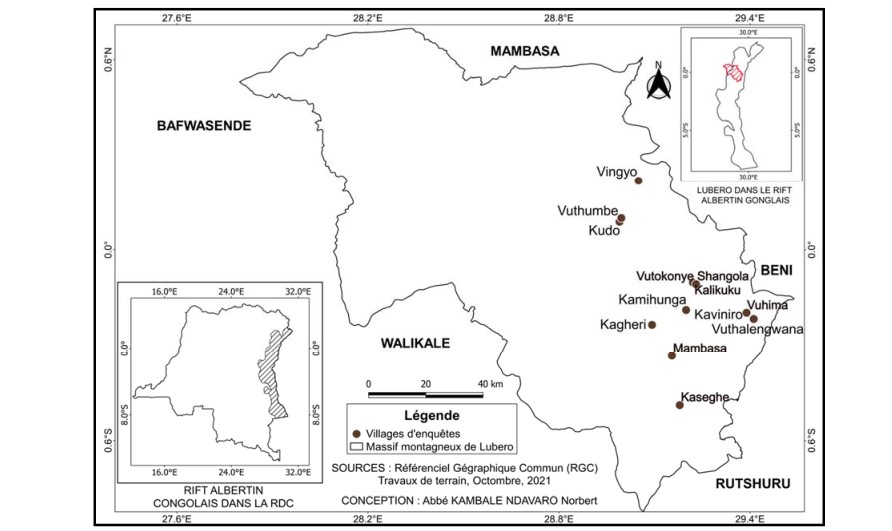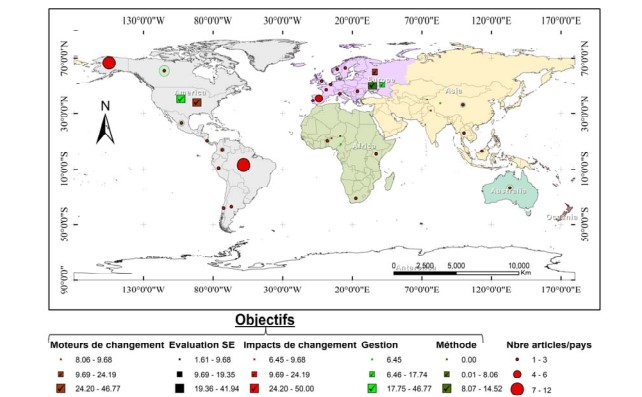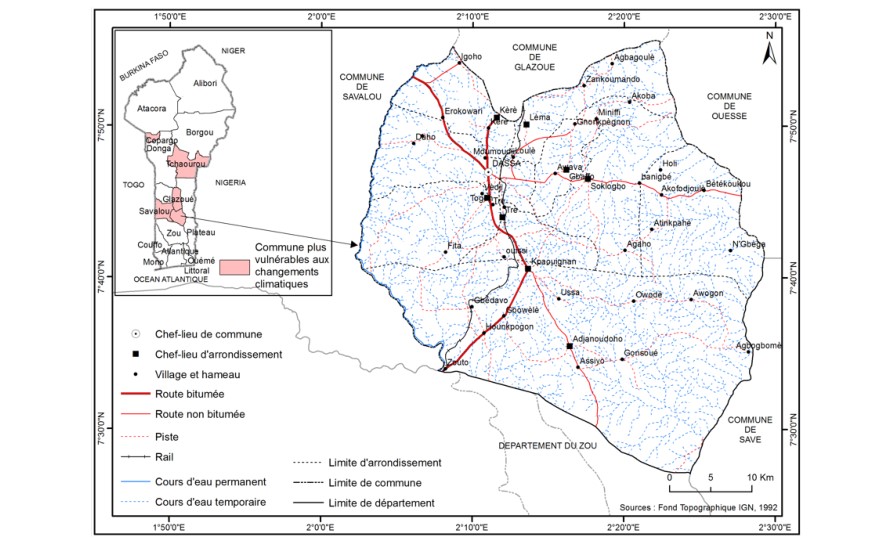Influence of Agribusiness Cluster (ABC) on smallholder rice producers' access to agricultural productivity services in Central and Northern Bénin
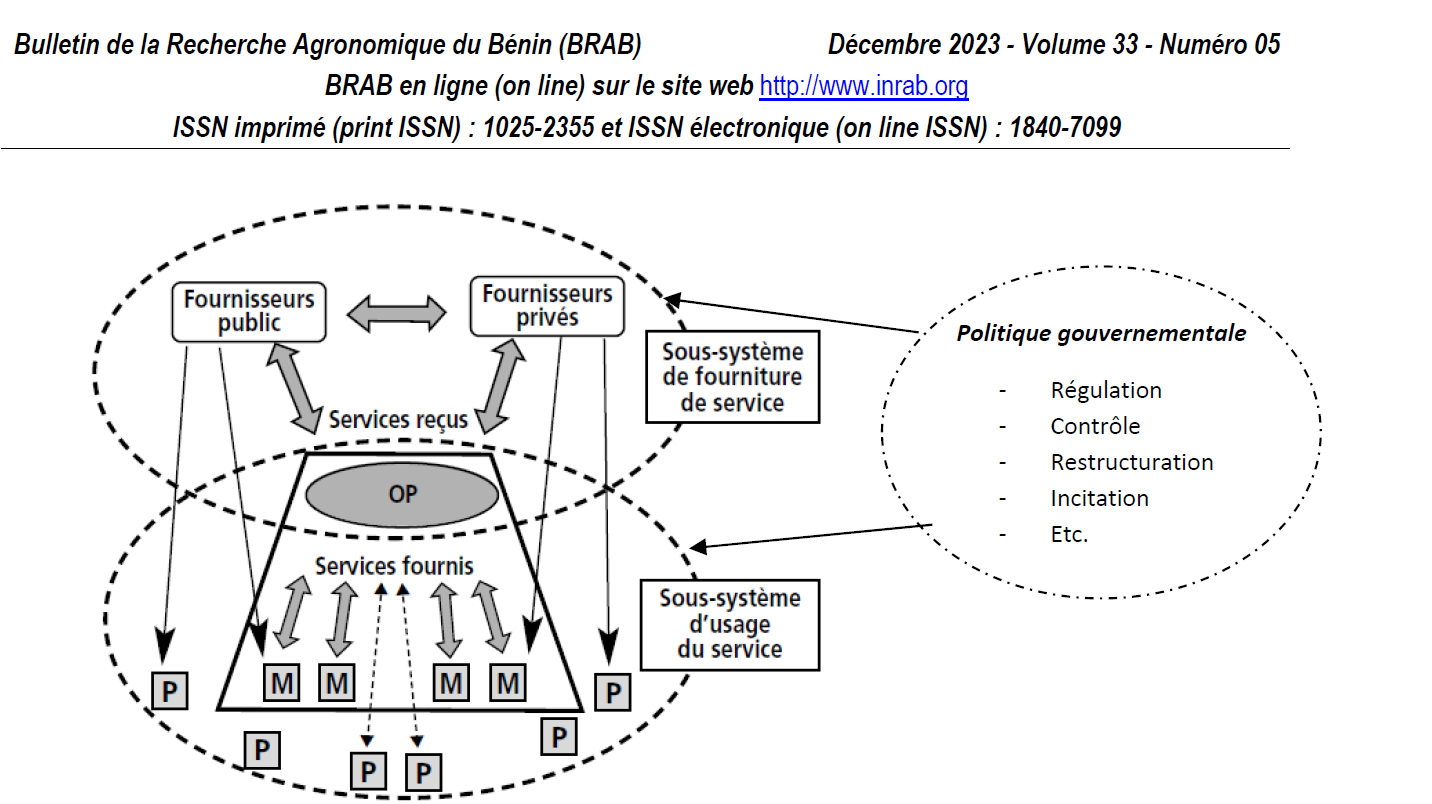
concerns for improving the productivity of smallholder rice farmers in Benin. To help overcome this constraint while improving the productivity and performance of smallholder rice farmers, various development agencies have promoted agribusiness clusters (ABCs). The objective of this study was to analyse the influence of these clusters on the access of rice producers to agricultural productivity services. It was carried out in the commune of Malanville in the far north of Benin and the commune of Glazoué in central Benin. Data collected from a random sample of 138 producers who are members and non-members of rice clusters were analysed using descriptive statistics and multivariate probit regression. The results showed that producers who are members of the ABCs are more likely to have access to formal and informal financial services, agricultural advisory support services and inputs than producers who are not members of the ABCs. Educated or literate producers, those living close to their farms, and those with more years of experience in the cluster are more likely to have access to agricultural productivity services than uneducated producers, living far from their farms and having fewer years of experience in the cluster. In short, agricultural clusters give rise to synergies allowing small producers to have greater access to agricultural services and therefore to become more competitive.
They constitute a viable means of improving not only the economic integration of smallholder farmers but also the marketing of their products at more remunerative prices.




